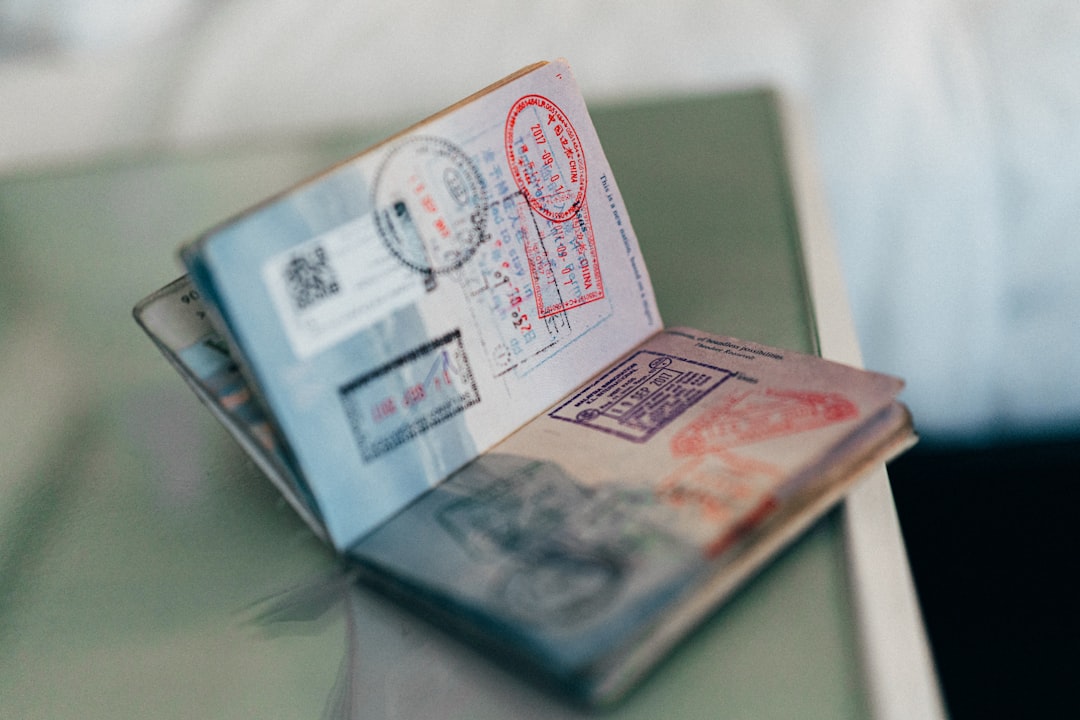
The People’s Republic of China (PRC) is the most dangerous geopolitical threat the United States faces from another nation state today. Yet only recently has the US government made any serious attempt to economically decouple from it or check its expansionism around the globe. Still more work is required to reverse PRC infiltration and influence operations targeting public and private US institutions. To that end, there are steps the US government could take to hinder PRC operations that could be implemented with more swiftness than is generally supposed. The purpose of these articles is to elaborate on some of those measures.
Legal physical access to the United States remains a boon to PRC infiltration efforts. Whether it be PRC nationals attending US institutions of higher education under orders to secure technology for their government, the infiltration of American scientific centers, industrial espionage efforts against US corporations, or attempts to compromise American elected officials. To say nothing of the PRC setting up “police stations” within the United States in a direct attempt to undermine our sovereignty on our own territory. Beijing clearly see’s legal entry into the United States as a weapon it can use to attack America. It’s long past time to deprive Communist China of that weapon.
This is shockingly easy, if the political will to invoke existing US statutes is present in the executive branch. Under 22 CFR § 41.122 the grounds for revocation of a non-immigrant visa are as follows:
“A consular officer, the Secretary, or a Department official to whom the Secretary has delegated this authority is authorized to revoke a nonimmigrant visa at any time, in his or her discretion.”
Yes, you read that correctly. The Secretary of State, on his own or if so ordered by the President, could revoke every outstanding non-immigrant visa held by a PRC national tomorrow. Those visa holders would then be forced to leave or face active deportation, there is no recourse provided under the statute when the revocation comes on the order of the Secretary. All that is lacking is the political will to take such a step.
Assuming such political fortitude ever manifests itself within the US government, the question then becomes which visas should be revoked? In the opinion of this author the ideal answer is all but diplomatic and a very few tourist visas. However, a good initial step might be to revoke whatever portion of the almost 380,000 Category F student visas issued to PRC nationals in the last 5 years (2018-2022) are still in effect, then decline all further requests. Another good initial candidate for revocation might be the over 95,000 Category H work visas issued to PRC nationals during the same five year period, followed by the same refusal to issue. The State Department has issued over 3.3 million non-immigrant visas to PRC nationals in the last five years.
Beijing would certainly have something to say about such an action. The predictable accusations of racism would be shouted in every media outlet and international forum. Sob stories about PRC youth just wanting to learn in good schools would follow. There would be public wailing and gnashing of teeth over PRC nationals being denied jobs in America. Some reciprocal deportation of American citizens from the PRC would also be likely. We could expect the PRC to play its victim card to the hilt.
The refutation of Beijing’s feigned outrage in the court of world opinion would likewise require some backbone from America’s diplomatic corps. However, any such confrontation would see the United States well supplied with ammunition to justify the decision. Publicly releasing documentation on the litany of PRC espionage operations carried out against the US in the last 25 years alone would give the US ample justification for a drastic reduction in visas issued to PRC nationals. If the American government has the will to make the case to the rest of the world.
The threat from PRC nationals legally entering the US in order to engage in espionage activities is voluminously documented. The costs of failing to deal with this threat for decades have already been significant. Addressing this issue decisively and swiftly is well within the ability of each US administration. All that is lacking is the will to do so.

We need to find a way to fund universities without foreign capital.